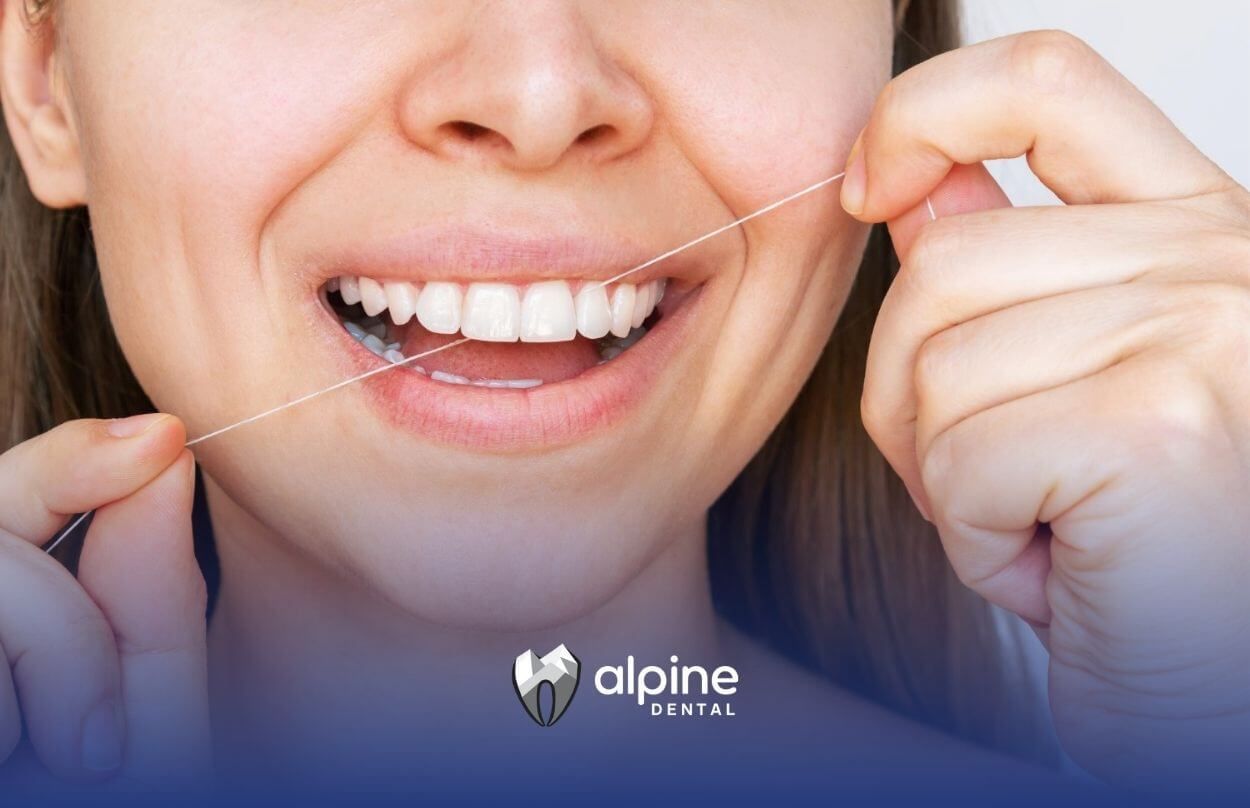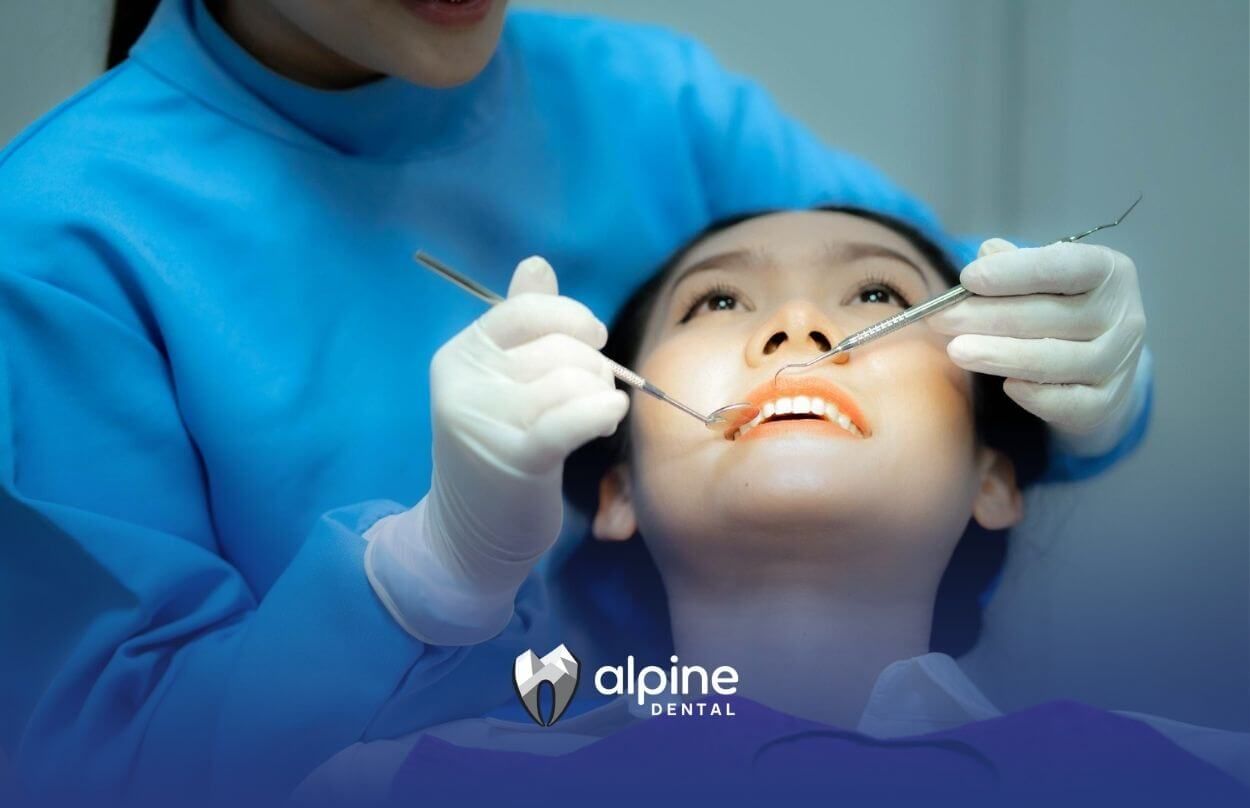Types of Dental Crowns: Which One Is Right for You?
Hearing that you need a dental crown might raise a few questions. How durable will it be? Will it look natural? And what kind of crown should you choose? These are all common concerns I hear from patients in the chair.
The truth is, not all crowns are created equal. Advances in dental technology mean you have several great options, each suited to different needs. In this guide, I’ll break down the types of dental crowns, their pros and cons, and how we decide which one fits your smile best.
What Are Dental Crowns?
Before diving into the materials, it’s important to understand what a crown does. A dental crown is a cap that completely covers a damaged or weakened tooth.
Crowns restore strength, improve function, and in many cases, enhance appearance. They’re often recommended for teeth that:
- Have large cavities or worn fillings
- Are cracked, broken, or severely worn down
- Have undergone root canal treatment
- Need cosmetic improvement
Crowns aren’t one-size-fits-all. The right crown depends on your tooth’s location, your lifestyle, and your long-term goals.
Types of Dental Crowns
Now let’s explore the most common types of dental crowns and when each might be recommended.
Porcelain-Fused-to-Metal (PFM) Crowns
PFM crowns have been used for decades. They combine a metal base with porcelain layered on top for a more natural appearance.
- Pros: Strong and durable, more natural-looking than all-metal crowns, good for both front and back teeth.
- Cons: Over time, the porcelain can wear down or chip. Sometimes a dark line (metal) may show at the gumline.
All-Ceramic or All-Porcelain Crowns
These crowns are made entirely of ceramic or porcelain, offering excellent esthetics.
- Pros: Best for front teeth, highly natural in appearance, metal-free (great for patients with metal allergies).
- Cons: Slightly less durable than metal-based options, not always ideal for molars where biting forces are strongest.
Zirconia Crowns
Zirconia is a newer material that combines strength with a tooth-like appearance.
- Pros: Extremely strong, fracture-resistant, and esthetically pleasing. Can be milled in-office for faster turnaround in some practices.
- Cons: Can sometimes feel bulkier, and adjustments are more difficult compared to porcelain.
Metal Crowns (Gold or Base Metal Alloys)
These are among the strongest and longest-lasting crowns.
- Pros: Extremely durable, less tooth structure needs to be removed, withstand heavy chewing.
- Cons: Noticeable metallic appearance makes them less popular for visible teeth.
Porcelain-Fused-to-Zirconia Crowns
A hybrid option where porcelain is layered over a zirconia core.
- Pros: Blend of strength and esthetics, more natural than PFM crowns without the risk of a dark gumline.
- Cons: More expensive, and porcelain on top can still chip with heavy grinding.
Temporary Crowns
While not a permanent solution, temporary crowns protect the tooth while your permanent one is being fabricated.
- Pros: Offer short-term protection and function.
- Cons: Not as strong, can break or loosen easily, only meant for weeks of use.
How to Choose the Right Dental Crown
Choosing the best dental crown depends on a few factors:
- Location of the tooth: Molars benefit from strong options like zirconia or metal, while front teeth look best with ceramic or porcelain.
- Durability vs. appearance: If appearance matters most, ceramic or zirconia is usually preferred. For back teeth under heavy chewing forces, durability may take priority.
- Budget: Metal crowns often cost less, while zirconia and porcelain crowns are typically more expensive.
- Personal preference: Some patients prefer metal-free restorations for cosmetic or allergy-related reasons.
The good news is, with today’s technology, there’s a crown option for almost every need and lifestyle.
Keeping Your Crown Healthy
No matter which crown you choose, proper care makes a big difference. Regular brushing, flossing, and dental checkups help crowns last longer. Avoiding habits like teeth grinding or chewing ice also protects your investment. With good care, most crowns can last 10–15 years—or even longer.
At Alpine Dental, we provide all major types of dental crowns, personalized to your needs. Whether you’re repairing a broken molar, restoring a tooth after root canal treatment, or improving your smile’s appearance, our team will recommend the crown material that fits your lifestyle best.
With convenient offices in Jackson, Lakewood, and Manchester, we make expert restorative dentistry accessible to every patient.
FAQs
Which dental crown lasts the longest?
Metal and zirconia crowns are among the most durable, often lasting decades with proper care.
What’s the most natural-looking crown?
All-porcelain and zirconia crowns offer the best esthetics, blending seamlessly with your natural teeth.
How long does it take to get a dental crown?
Typically, 2 visits: one for preparation and a temporary crown, and one for the permanent crown. Same-day crowns may be available in some cases.
Sources:
- https://www.webmd.com/oral-health/what-is-a-zirconia-crown
- https://my.clevelandclinic.org/health/treatments/10923-dental-crowns
- https://penndentalmedicine.org/blog/different-types-of-dental-crowns/
- https://www.colgate.com/en-us/oral-health/bridges-and-crowns/different-types-of-dental-crowns
- https://www.healthline.com/health/what-you-need-to-know-about-dental-crowns-made-from-zirconia




